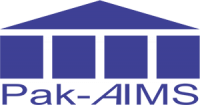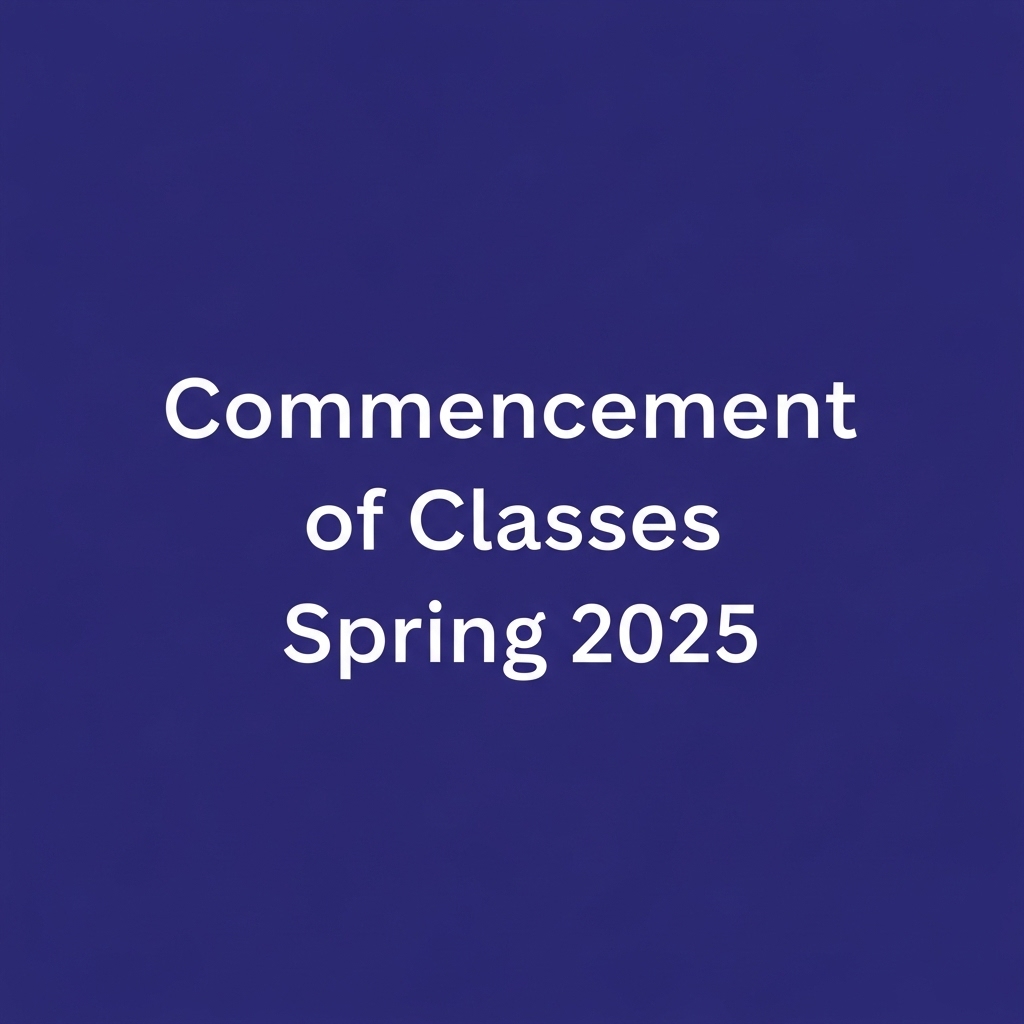Anti-Plagiarism Policy Our Anti-Plagiarism Policy 1. Preamble The Higher Education Commission introduced the first Plagiarism Policy in 2007 intending to protect, respect, credit, and recognize the original research and scholarly publications and curb the menace of plagiarism through systemic improvements based on process, development, and punitive actions besides safeguarding against the bogus or false complaints. Since its launch in 2007, a few challenges and concerns were raised about the policy related in general to the interpretation of plagiarism (definitions) across various disciplines, clarity of roles and responsibilities of HEIs vis-à-vis HEC, lack of appeal process, subjective determination of penalties and incomplete articulation of processes of complaints. Given the circumstances, it became essential to review and improve the HEC Plagiarism Policy to incorporate various forms and illustrations in which plagiarism exhibits itself, present a methodology of investigation, cater for punitive action proportional to the extent of the offence, address the issue of false or spurious complaints, institute appellate process, etc. Efficiency & Discipline Rules and the Service Statutes of research institutions and organizations. The revised Anti-Plagiarism Policy reflects several improvements in terms of principles of the policy, definitions, and types of plagiarism, clear complaint lodging procedure, the composition of the University Anti-Plagiarism Standing Committee, grounds and penalties of plagiarism, the constitution of National Plagiarism Standing Committee at HEC, appellate process, etc. Introducing this policy, the Commission firmly believes that its implementation would significantly enhance academic integrity, thereby the overall quality of the higher education system. 2. The HEC’s Mandate to Prevent Plagiarism The Higher Education Commission (HEC) Ordinance of 2002, under section 10(a), demands that the Commission needs to develop guidelines or policies for improving and promoting quality and ethical research culture. The relevant section of the Ordinance is reproduced below: Section 10 (a) : Formulate policies, guiding principles, and priorities for higher education institutions for the promotion of socio-economic development of the country. Given the quoted section, the HEC tasked the Experts Committee on June 29, 2021, to review and revise the Anti-Plagiarism Policy (HEC Plagiarism Policy 2007). This revised Policy intends to uphold the autonomy and responsibility of HEIs/DAIs to ensure the authenticity of ethical research and eliminate the scourge of plagiarism. Anti-plagiarism is just one component of the broader policy framework that deals with Academic Dishonesty and Research Ethics (Gift authorship, Dispute of authorship, Citation Racketeering, etc.). The policy review has to be a dynamic process, due to the evolving National and International ground realities. It is recommended that the Anti-Plagiarism Policy be reviewed, at least once every three to five years, to reflect upon, and respond to, emerging developments. 3. Principles of the Policy The Policy is based on the following general principles: Awareness for Preventing Plagiarism: Universities and faculty members should arrange regular capacity-building activities, within each calendar year, to create awareness about avoiding plagiarism in its various forms. Following Research Ethics: Universities, faculty, students, and staff should follow research ethics to avoid plagiarism in their academic and research contributions. Respecting Intellectual Contribution: Researchers/Scholars and Faculty members should acknowledge other researchers’ intellectual work, as per the norms of their respective disciplines. Devising Process for Probing Plagiarism: Plagiarism is considered a serious matter, and there is a need to curb this menace through proper, detailed, and defined processes. 4. Definition of Plagiarism The online Oxford Learner’s Dictionary defines the term Plagiarism as follows:“The practice of copying another person’s ideas, words or work and pretending that they are your own.” The online Merriam-Webster dictionary’s definition of Plagiarism is as follows:“To steal and pass off (the ideas or words of another) as one’s one: use (another’s production) without crediting the source” https://www.oxfordlearnersdictionaries.com/us/definition/english/plagiarism?q=plagiarism https://www.merriam-webster.com/dictionary/plagiarized Furthermore, the following acts fall within the scope and definition of plagiarism: To steal and present the ideas or words of others as one’s own To use another person’s production, without citing and crediting the source To commit literary theft To present as a new and original idea or product derived from an existing scholarly source. Turning in someone else’s work as one’s own Copying words or ideas from someone else without giving credit Failing to put a quote or quotation marks, when copying the exact language from a source Giving incorrect information about the source of a quotation Changing words but copying the sentence structure of a source without giving credit Copying a bulk of words or ideas from other references and including them in your work, whether you give credit or not. The following activities are prevalent in today’s technology-driven society. Despite their everyday use, they still count as academic cheating and plagiarism if done without permission from the original artists/creators. Copying media (especially images) from other websites to paste them into your work or websites. Making a video using footage from others’ videos or copyrighted art and music as part of a soundtrack. Performing another person’s copyrighted music (i.e., playing a cover) without permission. Composing a piece of music which is heavily borrowed from another composition. Indeed, some media can create challenging situations to determine if the copyrights of a work are being violated. For example: A photograph or scan of a copyrighted image (using a picture of a book cover to represent that book on one’s website) Recording audio or video in which copyrighted music or video is playing in the background. Re-creating a visual work in the same medium. (Shooting a photograph that uses the same composition and subject matter as someone else’s photograph) Re-creating a graphic work in a different medium (making a painting closely resembling another person’s photo without permission). Re-mixing or altering copyrighted images, videos, audio, or other artistic expressions. Use of ChatGPT and similar machine-generated text. The document also provides a reference for further guidance on avoiding unauthorized use of copyrighted material: For determining/avoiding unauthorized use of somebody else’s copyrighted material, guidelines from the Committee on Publication Ethics (COPE) are available at https://publicationethics.org/guidance/Guidelines 5. Common Types of Plagiarism Students Collusion: Working with other students on an assignment… Continue reading Anti-Plagiarism Policy


